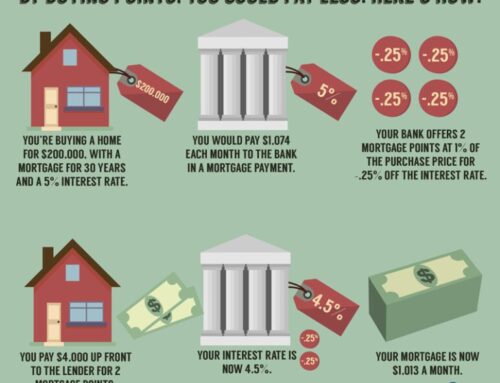The Mortgage Forgiveness Debt Relief Act of 2007 is days from expiring if Congress doesn’t act to extend it. If the act expires, home owners will be responsible for paying income taxes to the IRS on a certain portion of their mortgage that is forgiven in a short sale, foreclosure, or principal reduction.
“That means if someone owes $150,000 on their home and it sells for $100,000 in a foreclosure auction, they could owe taxes on the remaining $50,000,” CNNMoney explains. “For someone in the 25 percent tax bracket, that would mean paying $12,500 in taxes on the foreclosure. Similar taxes would apply for amounts that were forgiven in short sales and principal reductions.”
Allowing the act to expire could have a “chilling effect on home owners considering a short sale,” says Elise Brooks Perkins, communications director for the Financial Services Roundtable. Perkins says that more sellers may back out of completing a short sale without the forgiveness, which ultimately could prolong the housing recovery.
How many people does this stand to affect? More than 50,000 home owners are foreclosed on each month, and the number of short sales has increased to about half a million a year. What’s more, about 1 million borrowers stand to have principal reductions on their mortgages.
“Even if Congress allowed the mortgage debt forgiveness to expire, not all borrowers who lose their home to foreclosure, sell their home in a short sale or have their principal reduced will take a tax hit,” CNNMoney reports. “If the debt is discharged in a bankruptcy, no tax is due. And anyone who is insolvent — meaning they have more debt than assets — at the time the debt was forgiven would not have to pay the tax. And in some states like California, certain borrowers are protected against paying the tax because of the way the state treats foreclosures.”
PositionRealty.com
Office: 480-213-5251



